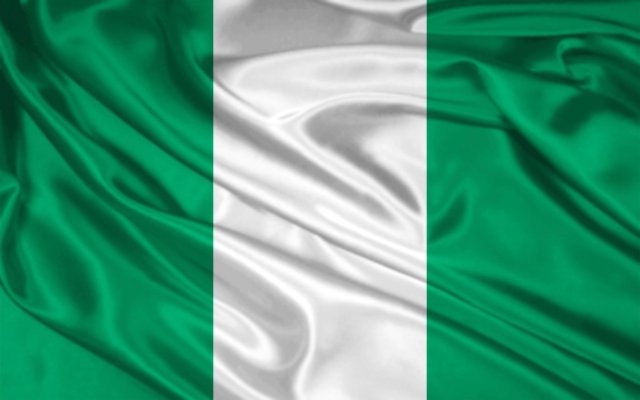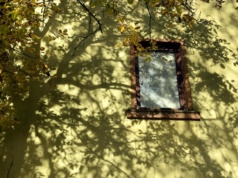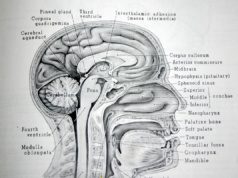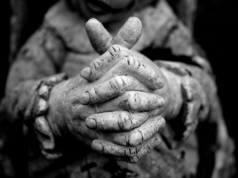
Ile-Ife, NIGERIA — Many years ago, the seeds of in(ter)dependence were planted. We had just been willed into existence from Lord Lugard and Shaw’s colonial laboratory of artificial insemination, wherein we were experimental rabbits and, by virtue of other political-scientific effects, we were dissociated from the white man.
Today, those seeds have germinated and, reasonably, we try to make harvest, just as the farmer would. In this case, however, it is not they who planted, but posterity.
We wake up the crop and find two kinds of fruit: the good and the bad. And we are left to wonder.
Figuratively, the Nigerian independence story can be likened to the ancient tradition of holding the hands of an individual (which could mean diverse things). Under the branch of our rich cultural history, one of the variant meanings of this act is to help one show the way. It flows from the covers of two lovers, holding hands with one leading the other through a familiar path down to a parent, showing a familiar route to a child. It also transcends the principles of an agreement, familiarity and formality.
It is one thing, however, to hold hands and another for one hand to be dependent on the other. The contact between both palms differs from a firm grip on the wrist by another palm. Whichever way, the palm and the wrist are parts of the hand.
Nigerian Independence Day — Oct. 1 — has never really left us the will to celebrate only the positives. While we count, the question remains if the odds have surpassed the positives.
(Editor’s note: Nigerian Independence Day was celebrated Sunday, Oct. 1. NonDoc is proud to publish commentary, poetry, creative writing and other features from voices across the world. If you are interested in contributing, please email editorial@nondoc.com for details and instructions.)




















